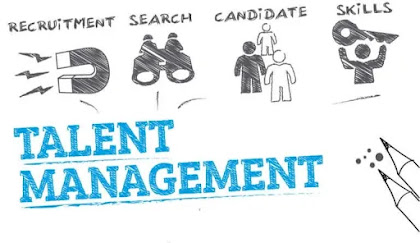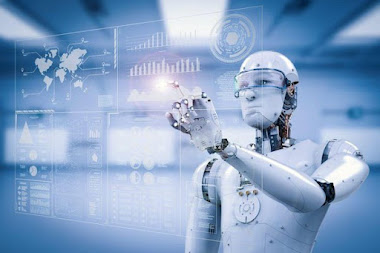Importance of Work-Life balance in organizations

What is Work-Life Balance? Figure 1: Work-Life Balance. Work-life balance refers to the condition in which an employee can balance his or her time and energy between work and other vital elements of their lives (Heathfield, Susan M., 2021). How important is work-life balance? 1) It increases productivity. Employee productivity is essential for every organization. If an employee's work-life balance is stable, they will be considerably satisfied with the job. This results in increased productivity. Spending more time and longer hours may appear to increase productivity, but the work will be of lower quality (SpriggHR, 2020). 2) Health Issues are Reduced When employees are stressed and overwor...





